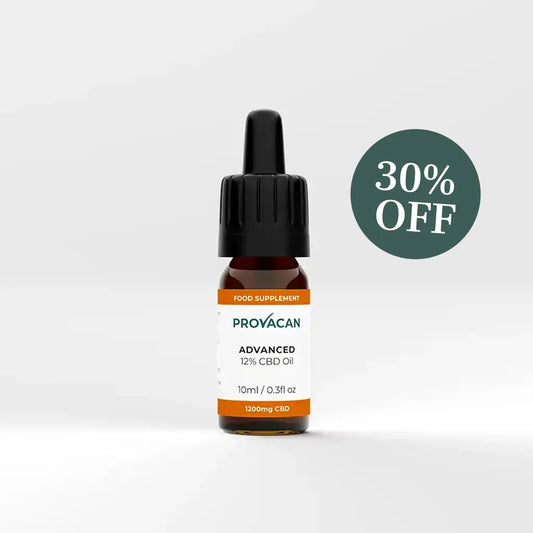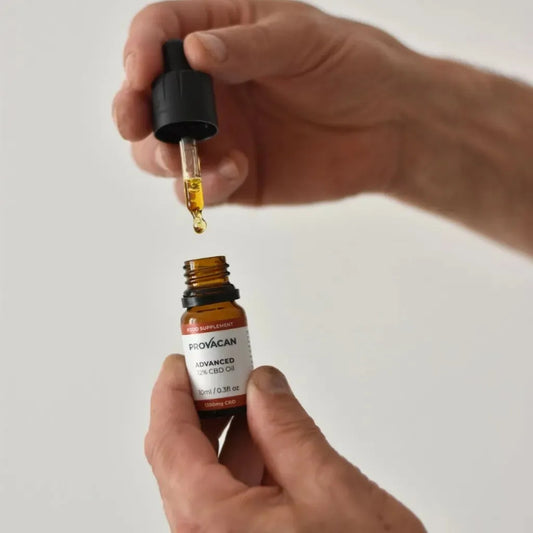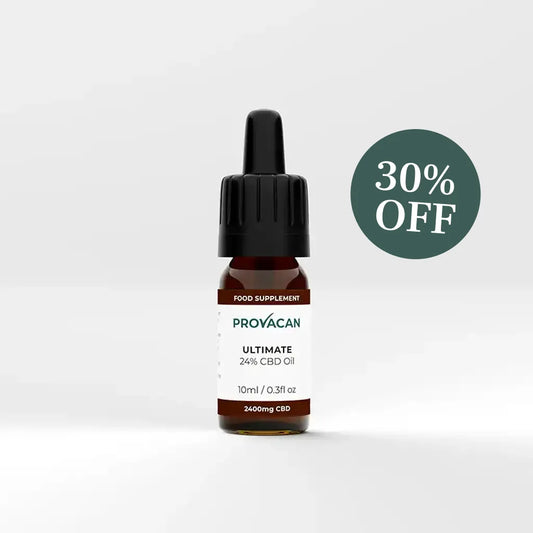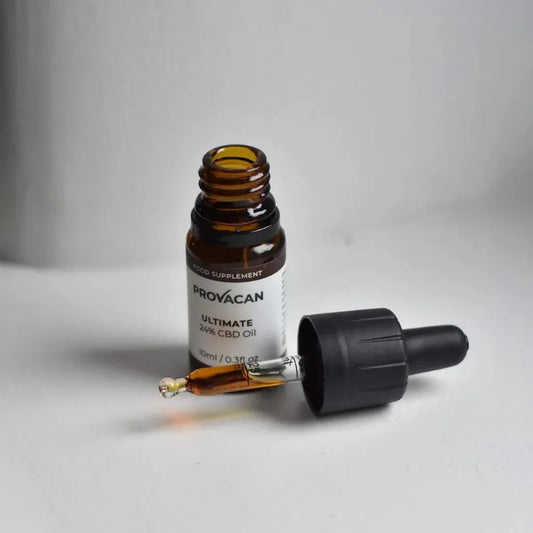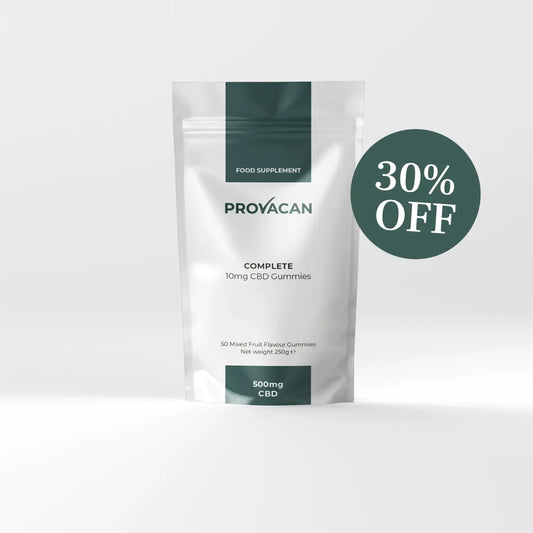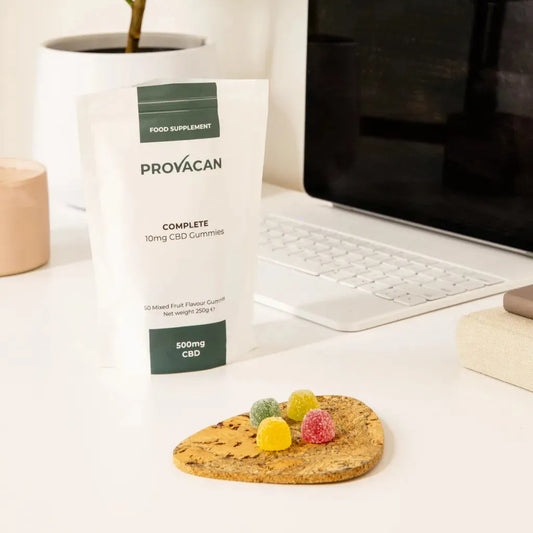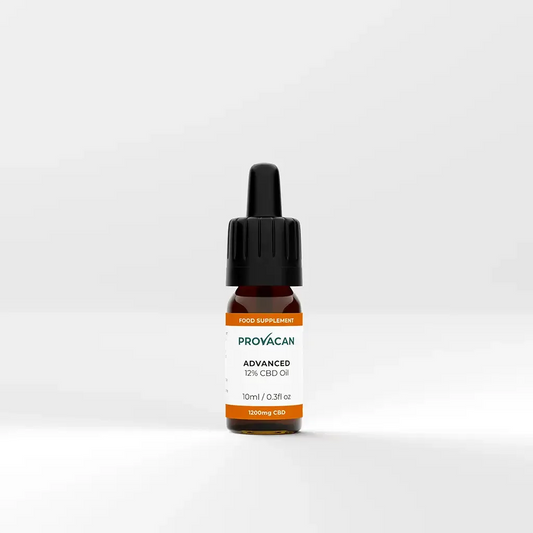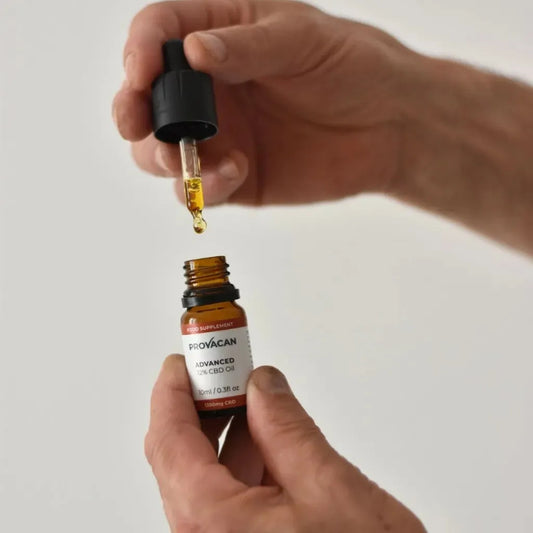Introduction
Cannabidiol, or CBD for short, has become increasingly popular in the UK in recent years. You’ve probably heard about its potential to promote wellbeing, but how much do you really know about CBD? In this comprehensive guide, we’ll dive into the world of CBD to help you understand its properties and uses.
What is CBD?
History
CBD is one of over 100 cannabinoids found in the cannabis plant. Its history dates back thousands of years, with records of use in ancient China and Egypt. The modern understanding and extraction of CBD began in the 1940s, but it wasn’t until the 21st century that its potential for promoting wellbeing began to gain widespread attention.
CBD vs. THC
The two most well-known cannabinoids are CBD and tetrahydrocannabinol (THC). THC is the psychoactive component of cannabis that produces the “high” associated with marijuana. CBD, on the other hand, is non-psychoactive and does not produce intoxicating effects. This makes it an appealing option for those seeking potential lifestyle benefits without the mind-altering effects.
Properties
Non-psychoactive
As mentioned earlier, it’a a non-psychoactive compound, which means it does not produce the “high” associated with THC. This property makes it more accessible and appealing to a wider range of users.
Promoting Wellbeing
Enhancing relaxation
Many users incorporate CBD into their daily routines to help enhance relaxation and support a balanced lifestyle. Its non-psychoactive nature makes it an appealing option for those seeking to maintain a sense of calm without experiencing mind-altering effects.
Supporting a healthy lifestyle
It has become popular among those pursuing a healthy lifestyle. It is often used in conjunction with a balanced diet, regular exercise, and other wellness practices to support overall wellbeing.
Forms Types
Oils and tinctures
CBD oils and tinctures are among the most popular consumption methods. They are taken sublingually (under the tongue) or added to food and drinks. This method allows for efficient absorption into the bloodstream.
Edibles
Edibles, such as gummies and chocolates, are a discreet and convenient way to consume CBD. They may take longer to take effect compared to oils and tinctures, but they typically offer a longer-lasting experience.
Topicals
CBD topicals include creams, balms, and lotions that are applied directly to the skin. They are popular for general skincare and promoting overall skin health.
How to Choose the Right Product
When selecting a product, consider the following factors:
- The type (full-spectrum, broad-spectrum, or cbd isolate)
- The desired method of consumption
- The concentration
- The reputation and transparency of the manufacturer
- Third-party lab testing results
- Potential Side Effects
While it is generally well-tolerated, some users may experience side effects, such as:
- Dry mouth
- Fatigue
- Dizziness
- Diarrhoea
- Changes in appetite or weight
It’s important to start with a low dose and gradually increase it to find the right amount for your needs. Always consult with a healthcare professional before starting any new supplement, especially if you have a pre-existing condition or are taking medication.
Legal Status in the UK
CBD is legal in the UK as long as it contains less than 0.2% THC and is derived from approved strains of hemp. It must also be marketed as a food supplement, not a medicine, unless it has been approved for medical use.
Conclusion
CBD offers a range of potential lifestyle benefits, from enhancing relaxation to supporting overall wellbeing. As research continues to expand our understanding of this versatile compound, the future of CBD looks promising. Remember to consult with a healthcare professional before starting any new supplement and consider the factors mentioned above when selecting a CBD product.
FAQs
-
Is it addictive?
No, it’s not considered addictive and does not produce the “high” associated with THC.
-
Can I travel with CBD?
Laws regarding CBD vary by country. It’s essential to research the legal status of CBD at your destination before travelling with it.
-
Can I give it to my pets?
It may offer potential benefits for pets, such as supporting overall wellbeing. However, it’s important to consult with a veterinarian before giving it to your pets.
-
How long does it take for CBD to work?
The onset of CBD’s effects depends on the method of consumption. Oils and tinctures may take effect in 15-45 minutes, while edibles can take 1-2 hours. Topicals and vaping offer faster effects, often within minutes.
-
What is the optimal dosage?
The optimal dosage varies by individual and depends on factors such as body weight, metabolism, and the desired effect. Start with a low dose and gradually increase it to find the right amount for your needs.
References
Mechoulam, R., & Hanuš, L. O. (2000). A historical overview of chemical research on cannabinoids. Chemistry and Physics of Lipids, 108(1-2), 1-13. Link
Iffland, K., & Grotenhermen, F. (2017). An update on safety and side effects of cannabidiol: A review of clinical data and relevant animal studies. Cannabis and Cannabinoid Research, 2(1), 139-154. Link
Blessing, E. M., Steenkamp, M. M., Manzanares, J., & Marmar, C. R. (2015). Cannabidiol as a potential treatment for anxiety disorders. Neurotherapeutics, 12(4), 825-836. Link
Home Office (UK). (2019). Factsheet: Cannabis, CBD and other cannabinoids. Link
Food Standards Agency (UK). (2020). CBD as a novel food. Link


